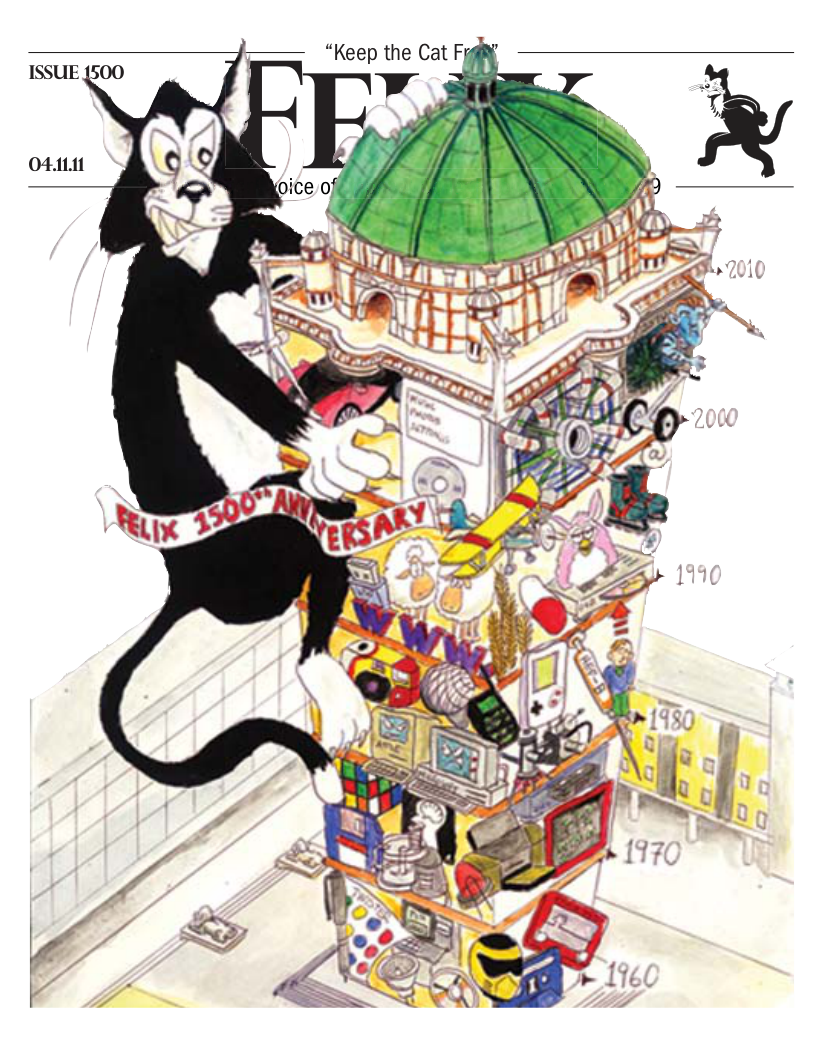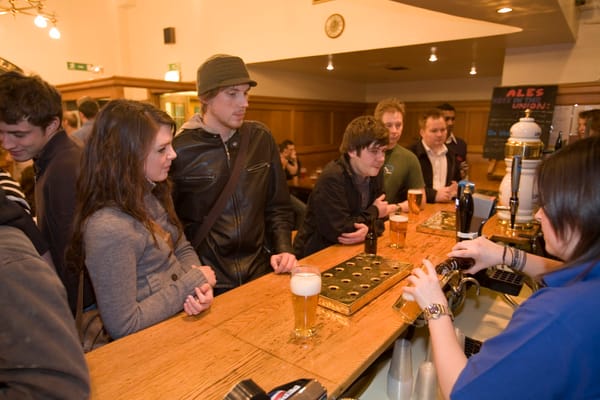Float like a social butterfly
How your online presence may relate to your real life presence

You may notice a story I ran in the Science section last week regarding a study which linked the amount of Facebook friends to the size of an individual’s grey matter. It is interesting to note that there have been many studies which have correlated changing brain structures to internet usage. Although we must not misinterpret correlation as causation in any case, we can discuss the potential implications.
I guess you could call me a bit of a social butterfly. I try to maintain various social circles and keep up with friends.
My Facebook profile? Similar story. I tend to add friends of friends who I meet in Real Life, I guess I’m a bit trigger happy with the add button. As a result, my news feed is an amalgamation of approximately 830 people from college and beyond.
I used to be strictly opposed to joining Facebook (classing it the same as MySpace). I decided to give it a go and noticed myself adopting new traits.
Often, when I check the news feed, I feel compelled to scroll down to the point at which I last checked it. If I happen to see anything particularly interesting, I bring it up to the relevant friendship group offline. One could argue an internal schema of a friend’s online presence is built in memory, and although one may see their friends in the real world often, the online presence is somewhat loosely attached and adds another dimension to the interaction structure.
It’s this extra dimension on top of basic interaction which provides the basis for my suggestion that if our brain structures are being modified slowly by internet usage, then this could very well be the next stage of evolution for man. We often can’t quite put our finger on the various underlying assumptions we make when detecting emotion during online chat, and how our brains are being affected is uncertain.
The ever-increasing barrage of information we consume from a wide gamut of devices presents a challenge for all of our minds. Our episodic memory is essentially extended to virtual happenings and we potentially remember more than we thought we could. Ultimately, adding 500 people to your Facebook profile tomorrow isn’t going to boost your memory, but keeping track of their activities might help make it more fluid over time. Let’s hope a future generation, which may look back to our collective online consciousness, can see it as an advancement rather than a great waste of time.







